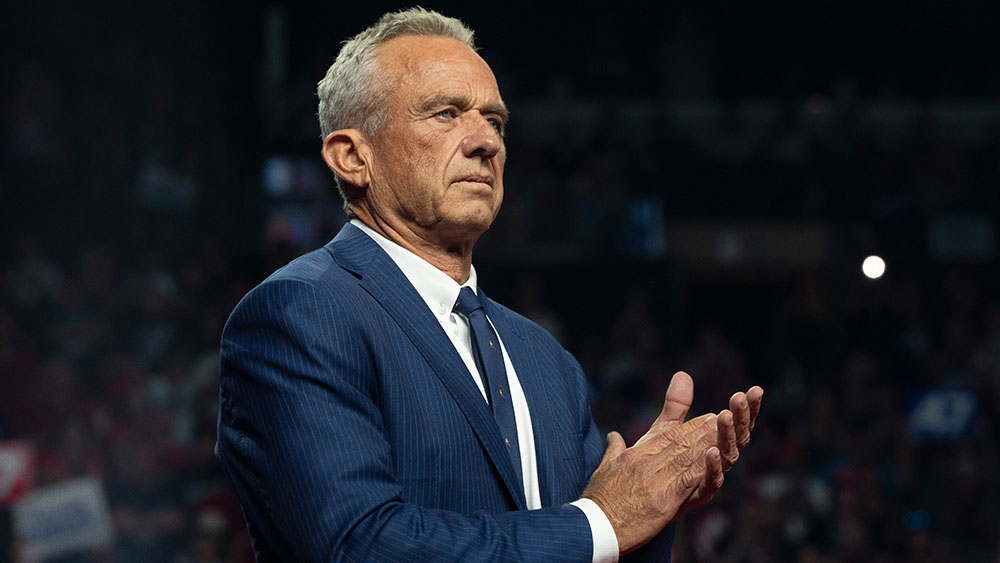Vanguard ETF & Mutual Fund Expense Ratio Drops (February 2025)
It’s been a while since Vanguard announced a big round of expense ratio cuts, and just in time for their upcoming 50th anniversary, they announced what they call the largest fee cut in Vanguard history spanning 87 funds and projected to save fundholders $350 million this year (effective 2/1/25). In this regard, I am not […]


It’s been a while since Vanguard announced a big round of expense ratio cuts, and just in time for their upcoming 50th anniversary, they announced what they call the largest fee cut in Vanguard history spanning 87 funds and projected to save fundholders $350 million this year (effective 2/1/25). In this regard, I am not worried about Vanguard. They know that low costs are core to their identity.
At Vanguard, we believe our funds’ impressive long-term performance owes much to their low costs. For the 10 years ended December 31, 2024, 84% of our funds outpaced the average results of competing funds. The performance of our actively managed fixed income funds has been especially strong: 91% of our active bond funds and 100% of our money market funds have outpaced their peers’ average results.
In fact, I worry that they focus on low costs too much. Cuts are nice, but these expense ratio cuts mean probably 0.01% for the average investor, or $1 a year per $10,000 invested. I’d much rather Vanguard keep the 0.01% and spend it on maintaining a highly-trained, long-tenured staff. There is a palpable difference when talking with a typical Fidelity employee vs. Vanguard employee. The Fidelity employee tend to be self-assured and knowledgeable. The Vanguard employee tends to be new and often doesn’t know the answer to basic questions.
Here are the largest funds and ETFs with expense ratio drops:

I would point out that the ETF version of some of the mutual funds are still slightly cheaper. For example, BND is at 0.03% while VBTLX went from 0.05% to 0.04%. Again, small margins, but you can hold Vanguard ETFs easily at any brokerage and I like that optionality.
Here are a limited sample of funds that I have held in the past that were affected:
- Vanguard Total International Stock Market (VXUS) lowered to 0.05%.
- Vanguard Treasury Money Market Fund (VUSXX) lowered to 0.07%.
- Vanguard California Municipal Money Market Fund (VCTXX) lowered to 0.12%.
- Vanguard Intermediate-Term Treasury ETF (VGIT) lowered to 0.03%.
- Vanguard FTSE Emerging Markets ETF (VWO) lowered to 0.07%.
- Vanguard FTSE All-World ex-US ETF (VEU) lowered to 0.04%.
Here are the current expense ratios on the four broadest ETFs + their classic S&P 500 ETF:
- Vanguard Total US Stock Market (VTI) at 0.03%.
- Vanguard Total International Stock Market (VXUS) at 0.05%.
- Vanguard Total US Bond Market (BND) at 0.03%.
- Vanguard Total International Bond (BNDX) at 0.07%.
- Vanguard 500 Index (VOO) at 0.03%.
I find it interesting that one of the last places where the “Vanguard Effect” hasn’t shown up is in money market funds. They still have consistently the best and cheapest default cash sweep money market funds, Treasury money market funds, and Municipal money market funds. They also have some of the best muni funds in general. They are expanding their bond ETFs, but for now access to these alone is a strong reason to stay with Vanguard as a brokerage if you are DIY investor.





































































